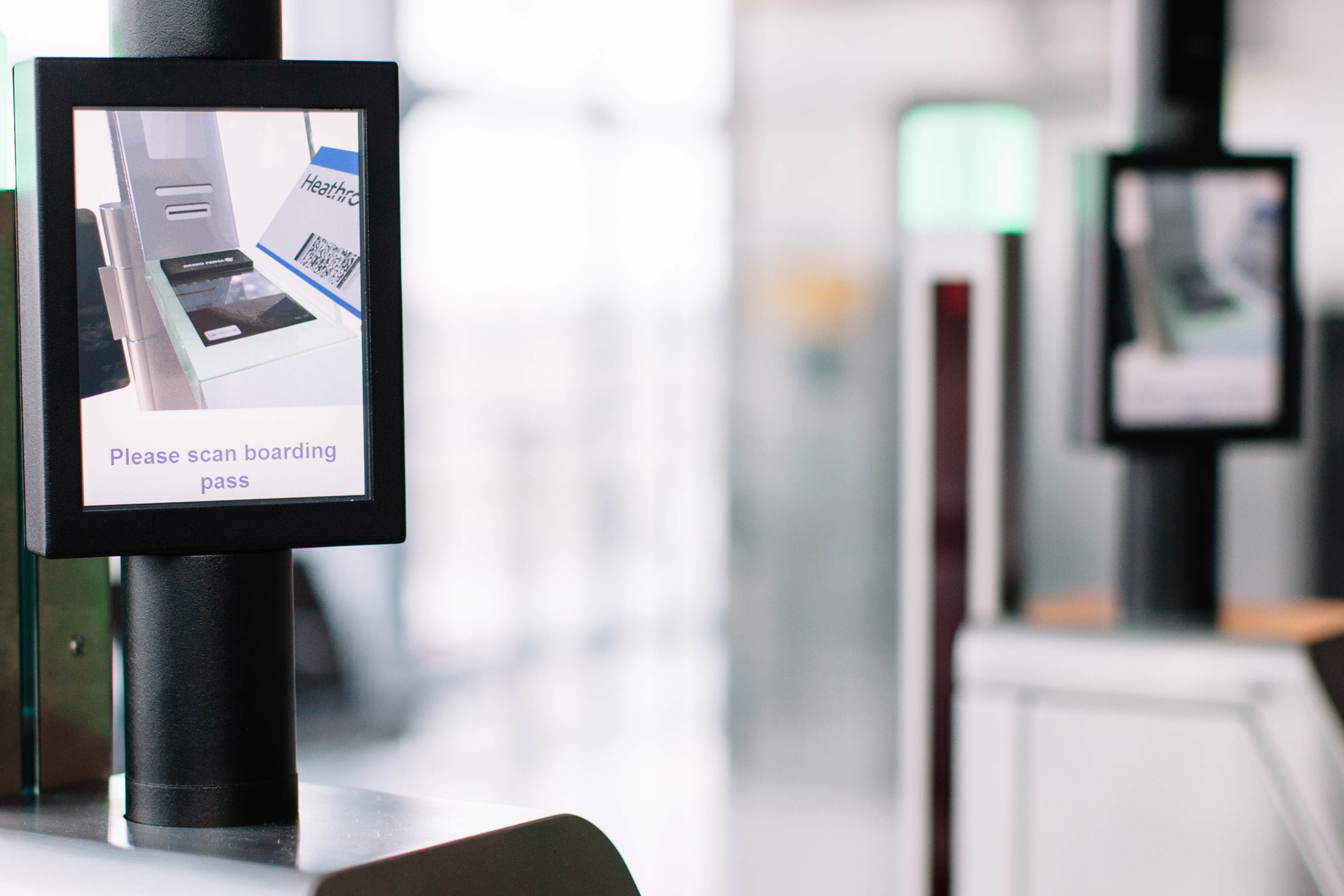|
The World Travel & Tourism Council (WTTC)
has partnered the
Known Traveller Digital Identity (KTDI) project of the World
Economic Forum (WEF).
The initiative brings together a global consortium
of individuals, governments, authorities and the travel industry
to enhance security in world travel.
In January 2018, the
governments of Canada and Netherlands committed to piloting
the concept in an international cross-border context in
collaboration with Air Canada, KLM Royal Dutch Airlines, Amsterdam
Airport Schiphol, Toronto Pearson International Airport, and
Montr�al-Trudeau International Airport.
This week, the KTDI Pilot
Consortium was officially launched, with testing of the enabling
technology to start during the course of 2019.

Dr. Christoph Wolff,
Head of Mobility Industries and System Initiative, Member of the
Executive Committee, World Economic Forum explained: �The Known
Traveller Digital Identity concept was co-designed by stakeholders
across the aviation, travel and tourism ecosystem with the
intention of testing a platform that is scalable, interoperable
and useful to all actors relying on identities in their service
provision. As an open-source, vendor-agnostic approach that
promotes privacy-by-design we see it as a mechanism towards the
full alignment as desired by both industry and public sector
partners. Working alongside WTTC provides the valuable opportunity
to refine the framework and platform to serve all travel and
tourism services."
The WTTC
encourages the use of biometric technology and digital identity
throughout the travel and tourism industry. Through its Seamless Traveller
Journey programme (STJ), WTTC has researched over 53 initiatives
using biometrics in the sector and has identified
potential emerging models � such as the WEF KTDI initiative �
which may address the end-to-end traveller journey of the future.
Gloria Guevara, WTTC President & CEO, said, �Our data shows
that travel and tourism contributes 10.4% of global GDP and 319
million jobs. One in five of all new jobs on the planet are being
created by travel and tourism and we forecast that 100 million jobs
will be created by our sector in the next ten years. Not only will
we need to do things differently - as we cannot expect a
near-doubling of airport capacity in the next 20 years � but we
will need to do things right. The key, therefore, is to maximise
the growth in a way that ensures safe and hassle-free travel by
using biometric technology. The range of work across the
sector is welcome but demonstrates the unfortunate fragmentation
and complexity. The challenge is to align ourselves � in the way
we are announcing today � so that all parts of the sector work on
same standards and make sure the different solutions can work
together and successfully achieve �interoperability� so that a
traveller can move seamlessly from one part of their journey to
another using biometric technology.�
|
Headlines: |
|
See latest
HD Video
Interviews,
Podcasts
and other
news regarding:
Security,
Biometrics.
|
